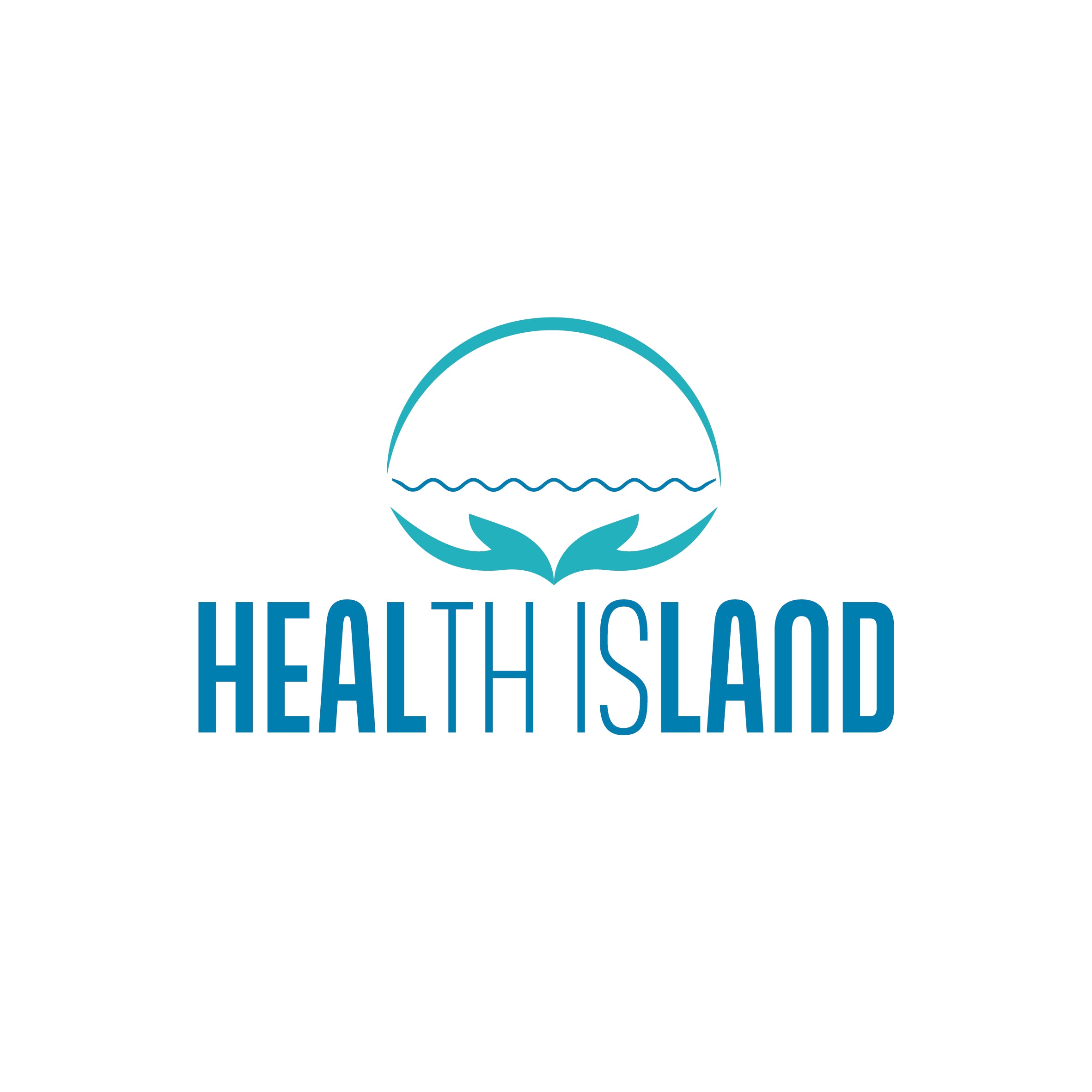It seems we are a nation of drinkers.
Alcohol is a complex issue as it has social, cultural and emotional links.
Alcohol and your health
Alcohol is a complex issue as it has social, cultural and emotional links.
Alcohol and your health
Data published by the WHO in 2019 shows that South African consumers of alcohol are some of the heaviest drinkers globally, despite relatively high levels of abstinence in the population.
The WHO’s most recent data tracked levels of alcohol consumption in 2016, showing that an estimated 31% of the population aged 15 and older consume alcohol, with the majority (69%) abstaining from drinking for at least 12 months.
While the majority of the adult population are not big on alcohol, the third of the population who are drinkers do so heavily.
According to the WHO’s data, South Africa’s drinking population consumers 28.9 litres of pure alcohol – per capita – a year, the fifth highest consumption rate in the world, below Namibia (31.3 litres), Eswatini (32.7 litres), Cook Islands (32.9 litres) and Tunisia (33.4 litres).
With a total of approximately 529,400 deaths from all causes, roughly one in ten deaths was attributable to alcohol use, the researchers said.
The WHO previously reported that South Africa has one of the highest rate of alcohol-related road deaths in the world, where as many as 58% of deaths can be attributed to alcohol consumption.
And then there's the brain damage caused by even mild alcohol consumption. According to a University of Penn. survey, even light-to-moderate drinking is associated with harm to the brain. Researchers analysed data from more than 36,000 adults that found a link between drinking and reduced brain volume that begins at an average consumption level of less than one alcohol unit a day -- the equivalent of about half a beer -- and rises with each additional drink.
Alcohol consumption even at levels most would consider modest -- a few beers or glasses of wine a week -- may also carry risks to the brain. The team from the University of Pennsylvania, found that light-to-moderate alcohol consumption was associated with reductions in overall brain volume. The link grew stronger the greater the level of alcohol consumption, the researchers showed. As an example, in 50-year-olds, as average drinking among individuals increases from one alcohol unit (about half a beer) a day to two units (a pint of beer or a glass of wine) there are associated changes in the brain equivalent to aging two years. Going from two to three alcohol units at the same age was like aging three and a half years.
Alcohol and Cancer
The American Cancer Society also states that alcohol increases the risk for several cancers, including oral cancer, pharynx and larynx cancers, colorectal and esophageal cancers, as well as liver and breast cancers. What this recommendation says is that when it comes to your cancer risk, the less you drink, the better.
How does drinking alcohol increase a person’s cancer risk?
- The ethanol in alcoholic drinks breaks down to acetaldehyde, a known carcinogen. This compound damages DNA and stops our cells from repairing the damage. This can allow cancerous cells to grow.
- Alcohol can affect levels of hormones like estrogen. These hormones act as messengers that tell our cells to grow and divide. The more cells divide, the more chances there are for something to go wrong and for cancer to develop.
- Alcohol makes the body less able to break down and absorb several important nutrients such as vitamins A, C, D, E, and folate. These nutrients help protect the body against cancer.
- Alcohol provides empty calories. Consuming extra calories can lead to weight gain, which can increase a person’s cancer risk.
SUGGESTIONS:
Take it easy with your alcohol. Always start with a glass of water first. Pace yourself. Look for fizzy drinks or similar flavoured alcohol substitutes. Don't be tempted in social situations to drink beyond your comfort zone or unnecessarily.
